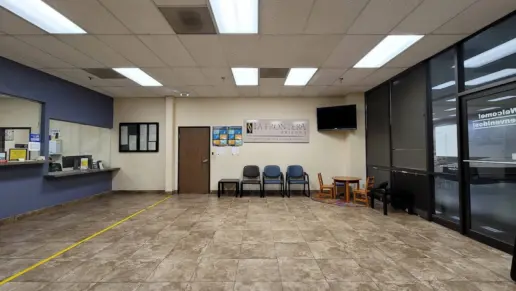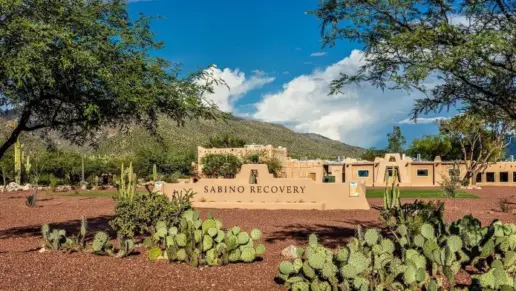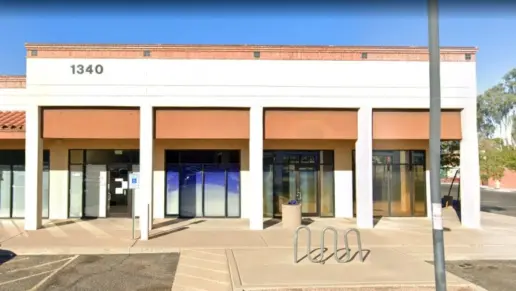About Crossroads, Inc.
Crossroads — Pure Heart Intensive Outpatient Program is a private substance abuse treatment facility in Glendale, Arizona, a short distance from Acoma Park. Crossroads takes a holistic approach to treatment, combining traditional therapy options with various wellness activities to support whole person healing. They serve adult clients.
A key component of treatment at Crossroads is an exercise program and nutritional education. In addition to helping clients develop the confidence and skills needed to avoid relapse, they introduce them to healthy lifestyles to support long term positive health. Services offered include:
IOP is a high level of outpatient care that allows clients to receive treatment while continuing to live at home. The Pure Heart program lasts for 12 weeks, with three hour sessions occurring Monday through Thursday. This allows clients to continue working or attending school while in treatment.
The Pure Heart program utilizes traditional group therapy to teach clients critical coping and life skills. Additionally, each session includes wellness activities, including exercise and nutritional education and support. The goal is to improve both physical and mental health.
IOP also follows the seeking safety curriculum. Seeking safety is a form of group therapy to develop relapse prevention skills and to address trauma in a safe, nonjudgemental environment.
IOP sessions are available both in the morning and evening.
Rehab Score
Gallery
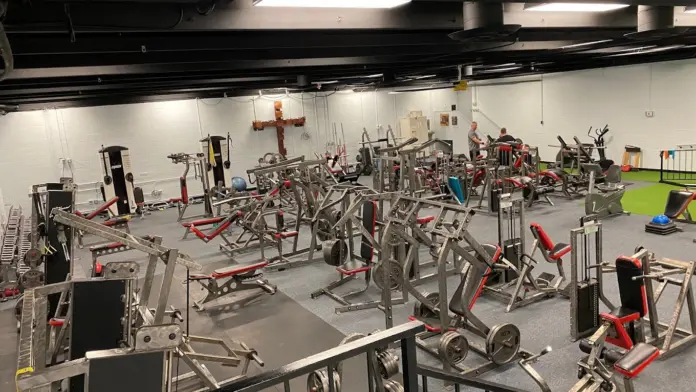
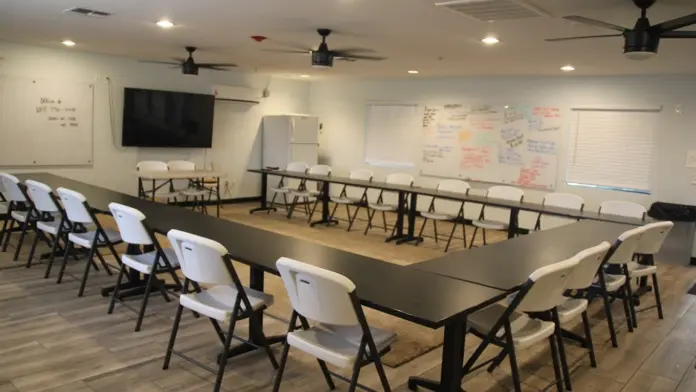
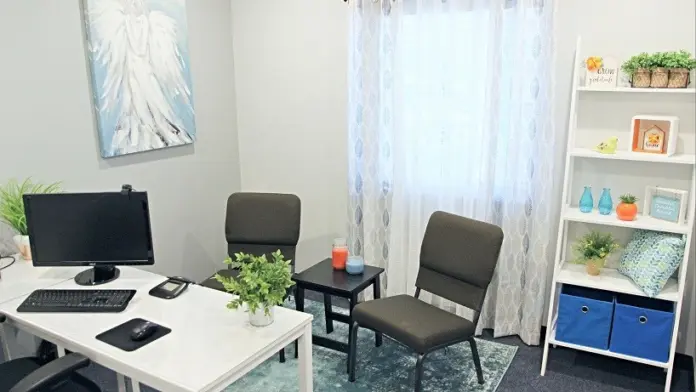
Location
Other Forms of Payment
Medicaid is a state based program that helps lower-income individuals and families pay for healthcare. Medicaid covers addiction treatment so those enrolled can use their coverage to pay for rehab. When a program accepts Medicaid the client often pays very little or nothing out of their own pocket.
Private insurance refers to any kind of healthcare coverage that isn't from the state or federal government. This includes individual and family plans offered by an employer or purchased from the Insurance Marketplace. Every plan will have different requirements and out of pocket costs so be sure to get the full details before you start treatment.
Self-pay involves paying for treatment out of your own pocket. You can use savings or credit, get a personal loan, or receive help from family and friends to fund your treatment. If you don't have insurance or your insurance plan doesn't cover a specific program, self-pay can help ensure you still get the care you need.
Addiction Treatments
Levels of Care
Treatments
The goal of treatment for alcoholism is abstinence. Those with poor social support, poor motivation, or psychiatric disorders tend to relapse within a few years of treatment. For these people, success is measured by longer periods of abstinence, reduced use of alcohol, better health, and improved social functioning. Recovery and Maintenance are usually based on 12 step programs and AA meetings.
Drug rehab in Arizona is the process of treating individuals who are dependent on a particular addictive drug. Because addiction is complex, this treatment typically includes a variety of interventions that address the many physical and emotional issues involved.
Substance rehabs focus on helping individuals recover from substance abuse, including alcohol and drug addiction (both illegal and prescription drugs). They often include the opportunity to engage in both individual as well as group therapy.
Programs

Clinical Services
Cognitive Behavioral Therapy (CBT) is a therapy modality that focuses on the relationship between one's thoughts, feelings, and behaviors. It is used to establish and allow for healthy responses to thoughts and feelings (instead of unhealthy responses, like using drugs or alcohol). CBT has been proven effective for recovering addicts of all kinds, and is used to strengthen a patient's own self-awareness and ability to self-regulate. CBT allows individuals to monitor their own emotional state, become more adept at communicating with others, and manage stress without needing to engage in substance abuse.
Group therapy is any therapeutic work that happens in a group (not one-on-one). There are a number of different group therapy modalities, including support groups, experiential therapy, psycho-education, and more. Group therapy involves treatment as well as processing interaction between group members.
In individual therapy, a patient meets one-on-one with a trained psychologist or counselor. Therapy is a pivotal part of effective substance abuse treatment, as it often covers root causes of addiction, including challenges faced by the patient in their social, family, and work/school life.
Accreditations

State Licenses are permits issued by government agencies that allow rehab organizations to conduct business legally within a certain geographical area. Typically, the kind of program a rehab facility offers, along with its physical location, determines which licenses are required to operate legally.
State License: Arizona
Contact Information
14240 N 43rd Ave
Building 300
Glendale, AZ 85306
